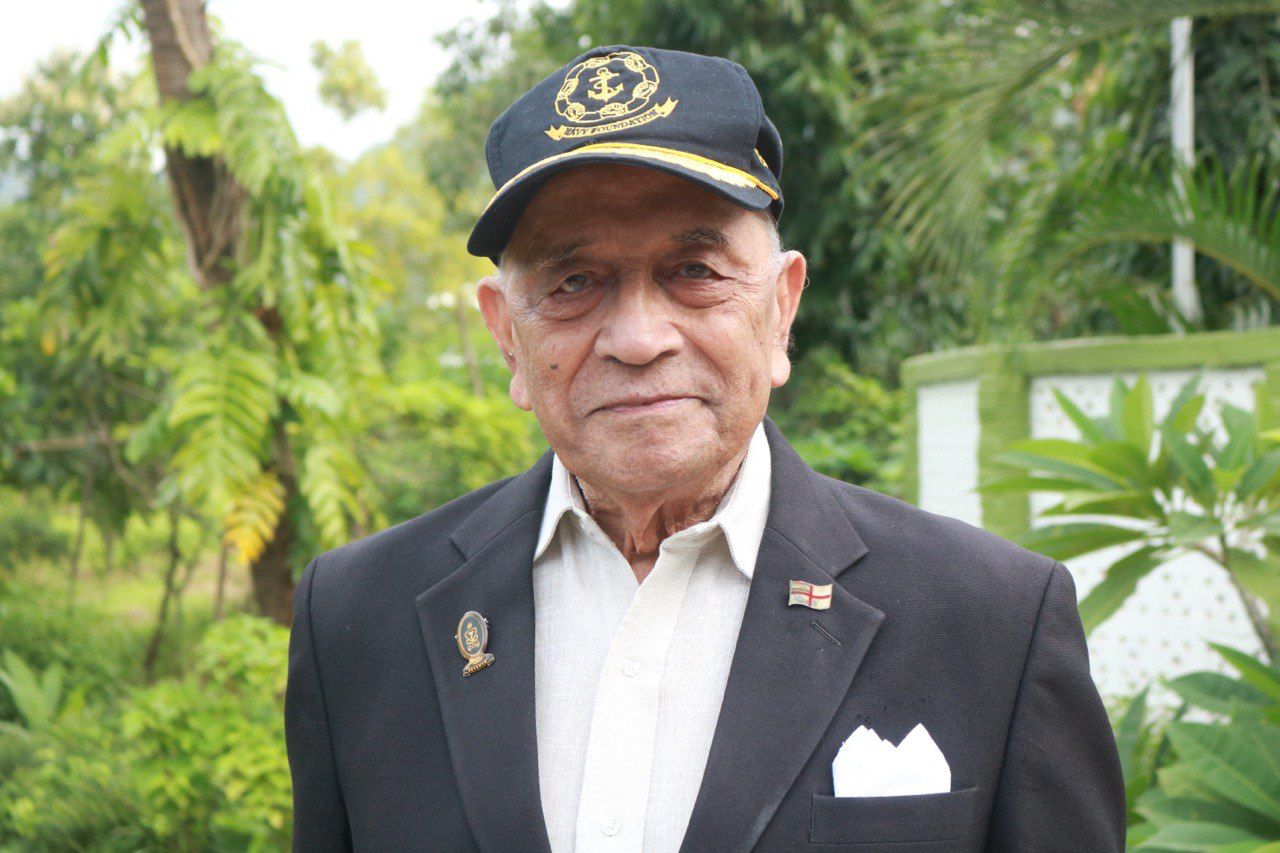During his tenure as Chief of Naval Staff, women were inducted into the armed forces, with the Navy taking the lead.

Admiral Laxminarayan Ramdas
Admiral Laxminarayan Ramdas, PVSM, AVSM, VrC, VSM, former Chief of Naval Staff (1990-1993), Indian Navy, passed away peacefully at the age of 90 at 0625 hrs on 15 March 2024, at the Military Hospital, Secunderabad, Telangana. He is survived by his wife, Lalita Ramdas, his three daughters, their spouses, and three grandchildren.
Admiral Laxminarayan Ramdas was born on September 5 1933, in Matunga, Bombay. His early education was in Delhi at Presentation Convent and Ramjas College.
He joined the Joint Services Wing of the Armed Forces Academy in Clement Town Dehradun in 1949, was commissioned in the Indian Navy in September 1953, and trained as a communications specialist.
Some of his key achievements while in active service included establishing the Naval Academy in Cochin, commanding INS Beas, which played a pivotal role during the 1971 India-Pakistan war, serving as the Indian Naval Attache in Bonn, West Germany (1973-76), serving as Fleet Commander of the Eastern Naval Command, and commanding both the Southern and Eastern Naval Commands.
He took over as the 13th Chief of Naval Staff (CNS) on 30 November 1990 and retired from the Indian Navy in 1993. During his tenure as CNS, women were inducted into the armed forces, with the Navy taking the lead. This was in keeping with his lifelong commitment to gender justice.
After retirement, Admiral L Ramdas settled in the village of Bhaimala, Alibag, Maharashtra, on a piece of land awarded to him by the government of Maharashtra in recognition of his acts of gallantry in the 1971 war operations. Here, he and his wife, Lalita Ramdas, developed and planted diverse trees, practised organic farming, and involved themselves in various public service activities.
These included being actively involved in the Pakistan India People’s Forum for Peace and Democracy (PIPPFD), Indo-Pakistan Soldiers Initiative for Peace (IPSI), the anti-nuclear peace movement -Coalition for Nuclear Disarmament and Peace (CNDP), supporting the struggle against an SEZ under the 22 Gaon Bachao Andolan in Raigad district, Maharashtra, the movement for gender equality, fisherpeople’s rights, the rights of farmers, the rights of religious and ethnic minorities, and many others.
He was awarded the Ramon Magsaysay Award for Peace in 2004. Over the years, he became an outspoken voice of conscience, advocating actively for the defence of the Indian Constitution, especially the values of liberty, equality, fraternity and secularism. He was particularly concerned about maintaining secularism and the commitment to constitutional values among the Indian Armed Forces. He reminded them of their oath to the Constitution of India. He continuously advocated with political parties to stand up for these same core values.

Mar 16, 2024

Feb 28, 2024

Dec 04, 2023

Mar 04, 2023